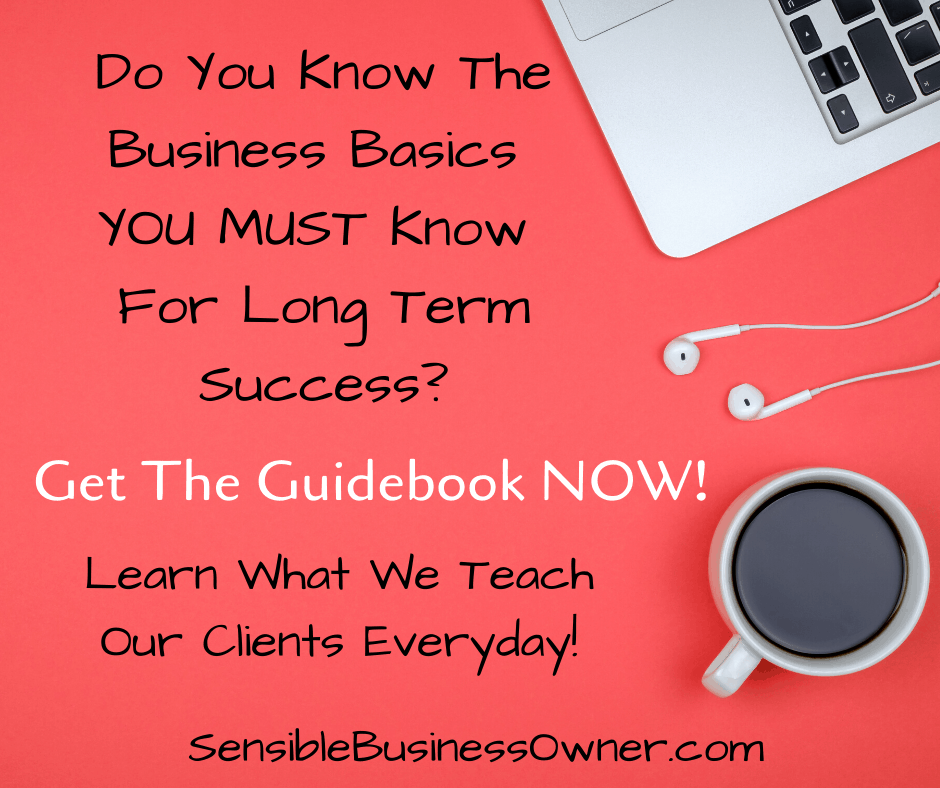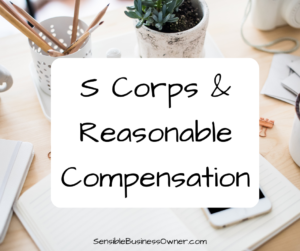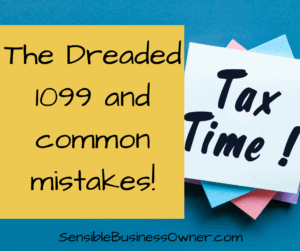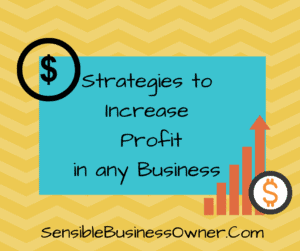Be Sure Your Business Isn't Making These Common Mistakes
During my time working with small business owners, and of course, being one myself, I have found that there are certain common mistakes that can ultimately doom most businesses. All too often, small business owners become enamored with the idea of “being their own boss” and doing something they “love”. These thoughts often cloud the judgment of even experienced business owners in their desire to pursue the American Dream. In order to avoid these pitfalls you have to establish a strong foundation for your business; put in place systems that will help you keep your feet firmly planted in reality while you pursue your dreams. Below, I have listed seven common mistakes that prevent entrepreneurs from building that strong foundation for their dreams.
1. SEEK PROFESSIONAL ADVICE
“Concentrate on your strengths and seek help for your weaknesses.”, that is the first piece of advice I give to any new entrepreneur. Seeking out trustworthy professionals to guide you through the start-up process will help you to avoid various kinds of financial and legal problems. Later on, when the company is up and running, these same professionals will continue to be valuable members of your team. In order to grow your business, you need to be able to concentrate and put your energy into your core business. Allow the professionals to take care of tasks such as; accounting, marketing, and legal affairs while you manage to grow your business.
2. CREATE A FORMAL BUSINESS PLAN
Creating a formal business plan is important for any business. Think of a business plan like a road map. It can aid you in determining specific goals and be a guide to help you stay on track. In the process of creating one, you will determine the size, location, and buying pattern of your target market and the feasibility of your business idea. It can also be useful when seeking outside funding from banks or other types of investors.
3. FORM A LEGAL ENTITY
If you are thinking of starting a business as a sole proprietor or are already doing business as a sole proprietor you need to examine your threats and determine if it’s really right for you. It’s important to note, a sole proprietor is not a legal entity. There is no separation between the business and the owner. Because of this, the business will cease to exist when the owner dies. Also, this form of business does not provide any type of personal liability protection between your business and personal assets. If you want to develop a successful long term company, it is advantageous to form the proper legal entity
4. USE AN ACCOUNTING SYSTEM
While Excel might seem like the simple solution it really isn’t the best use of your time. Entering your financial information into an accounting system will automatically track all income and expenses for you. As well, the system allows for financial statements and activity reports to be generated quickly without additional work. This is especially advantageous when tracking the monthly health of your business and when tax time rolls around.
5. REVIEW FINANCIAL STATEMENTS ROUTINELY
Sometimes all a business needs to get to the next level are good financial statements. These reports show the health of the company. They can help in learning trends and determining what products or services aren’t performing as well as predicted. If produced routinely, financial statements can give you time to alter your procedures before a downtrend has time to affect the bottom line.
6. KEEP PERSONAL AND BUSINESS TRANSACTIONS SEPARATE
One of the first things a new business owner should do is open a bank account to be used only for the business. It is important to keep business transactions separate from personal. In fact, unless you are a sole proprietor it is the law. If a business owner doesn’t operate in a “businesslike” manner the IRS can say you are not a true business, but a hobby. If you have an entity type that offers limited liability protection the IRS can take away that protection.
7. CLASSIFY STAFF PROPERLY
When a business owner hires staff, how do they decide the classification of an employee or an independent contractor? The classification of personnel affects how much a business pays in taxes, if withholding from paychecks is necessary, and what tax documents to file. Misclassification of an employee can result in penalties and additional taxes. It’s important to remember that you cannot hire personnel as an independent contractor just to avoid paying employment taxes. If you have questions on the classification, it is wise to seek professional counsel to ensure you are in compliance.
I won’t tell you that these steps will guarantee your success, nobody can tell you that and I wouldn’t listen to anyone that did. I will tell you that following these steps will place your company on a stronger foundation, and that will give you greater staying power and a better ability to overcome the unforeseen. I’ve been blessed with the opportunity to build a small business and I hope this information will help you to do it too.
~ Brandon & Christi are successful business owners who enjoy traveling and making a mess in the kitchen with their two daughters.
If this article was helpful, leave a comment. Be sure to subscribe and get the FREEBIE.
For more details on each of these topics, check out our E-BOOK, Becoming a Sensible Business Owner.
The article is for informational purposes only and should not be construed as business, accounting or legal advice. Details are subject to change without notice.
Copyright © 2018-2022, Brandon & Christi Rains, Rains Group LLC DBA The Sensible Business Owner, ALL RIGHTS RESERVED
















